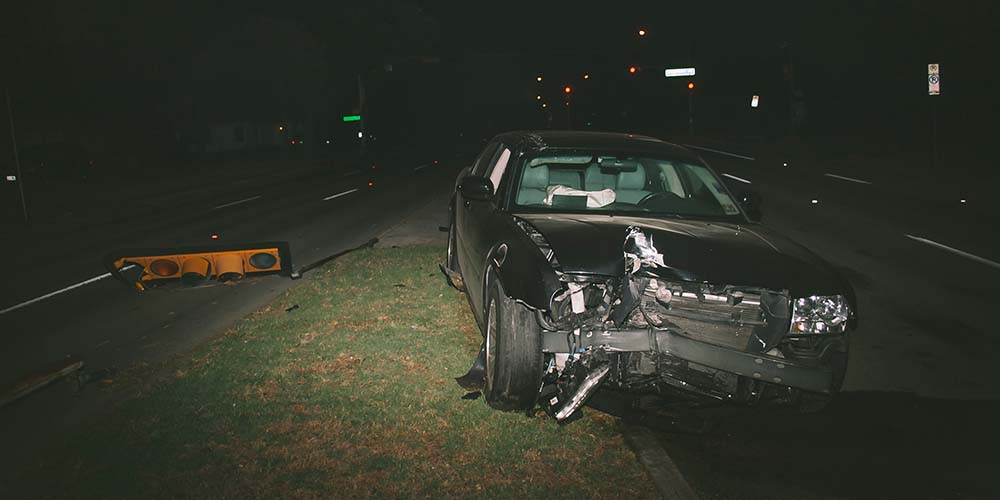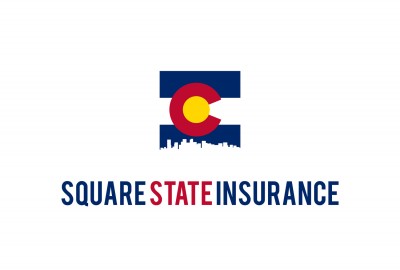Coverage like homeowners insurance exists for a reason – to protect you in the event of a loss or damage to your home. The same goes for auto insurance and your car. But what if we told you there were times after an accident where you shouldn’t use your insurance at all? That’s right, sometimes it is better to not file a claim. (This of course assumes you are not liable for an accident, which in that case you are required by law to report it). The question of to claim or not to claim is one that varies with each and every situation. The choice of filing a claim or not also depends on the type of insurance. Let’s take a closer look at the classic question – to claim or not to claim.
The Basics On Filing A Claim
As we just discussed, insurance exists to help you recover from a loss. However this doesn’t always mean it is wise to use it. For one, filing a claim will likely raise your insurance rates. This is just how insurance companies operate, and there is likely nothing you can do about the rate increase after you file. Think about it like this. Insurance companies assess risk, and the fact that you have filed a claim recently means you are a higher risk customer, hence there are higher rates to cover you. OF course not filing a second claim for many years after will help lower your rates back down. Insurance companies pay close attention to how many claims you file. If the are multiple claims in a short period of time, you risk being dropped by the company. This will force you to look for new insurance at the completion of the current policy.
Your insurance broker can help you shop new insurance coverage, but getting dropped or non-renewed by your current insurer is something you generally want to avoid. First let’s look at some examples where the answer to claim or not to claim is not to file a claim.
When Not To File
The Damage Isn’t Severe
The most common reason to skip a claim is because the damage isn’t very severe. For example, if a tree falls on your home but only causes $1500 in damage and cleanup, that claim might be worth avoiding. In this scenario, you are better off paying for the repairs yourself to keep your future insurance premiums low. Remember the amount of repairs you can handle yourself depends on your own financial situation. Some homeowners can afford to take a bigger hit on repairs, but you certainly shouldn’t put yourself into bankruptcy by avoiding a claim. This will really vary from party to party. If you have questions, ask your insurance broker.

Smaller Claims That Are Hard To Prove
It is important that you document your valuables so if anything happens, you can prove it to your insurance company. We recommend updating your valuables documentation every year as part of your New Year Insurance Review. If you don’t have a proper record of your valuables, the insurance company might not take you at your word that something valuable is stolen. For example, say you have an old heirloom you believe to be worth $5000. If this heirloom ends up lost or stolen without a proper appraisal to back your claim up, you likely won’t get near the value of it. (Note – very expensive items like jewelry often require additional riders or policies that are added to your standard homeowners policy). In another example, if a $1000 laptop is stolen, while the loss may be hard to take, it’s probably not worth claiming on your homeowners policy given the future raise in rates.
When To File
Car Accidents
The first and most obvious time to file a claim is when you are in a car accident. Essentially you’ll need to file if you’re either the liable party or the other party in the accident. If you are liable for damage, it is the law that you provide your insurance information at the scene of the accident. If you were hit by another driver, you still want to report the claim no matter the size of the accident. The reason for this is the insurance company will help you process the claim and keep it on task. Trying to do this yourself is not recommended. Let your insurance company handle the complex work. So when it comes to a car accident, more often than not the answer to claim or not to claim is always claim.

Catastrophic Claims
A catastrophic accident, like a devastating city wide hail storm, tornado or fire generally requires you to file a claim. If a catastrophic event impacts the area you live in, chances are rates will be raised regardless of whether or not you file a claim. In this case, it’s best to recover what assets you can and file a claim since you can already expect rates to rise. If the accident is so severe you lose your home or total your car, the option of filing a claim is a no brainer.
Severe Damage
Even if your home or automobile is not damaged in a catastrophic incident like we outlined above, there are still times you will want to file a claim. Essentially if a good amount of damage is sustained to your property, you will want to investigate filing the claim. It comes down to a simple evaluation of costs. Will the possibility of rising rates cost you more in the long run than the repair itself? If your home or automobile is severely damaged, chances are you will want to opt for repairs regardless of the fact your rates could soon rise.
So How Do You Know?
Well generally speaking, as long as you’re not required to file a claim by law, you should at least briefly consider not filing one. Remember insurance should be reserved for emergencies. It is not designed to replace the loss of smaller value items or insignificant damage. Using it as such could end up costing you much more in the long run. Yet when the claims are large or present a significant financial commitment, chances are you will want to file a claim. Still have questions on when to claim or not to claim? Reach out to us at Square State Insurance and we can help!

